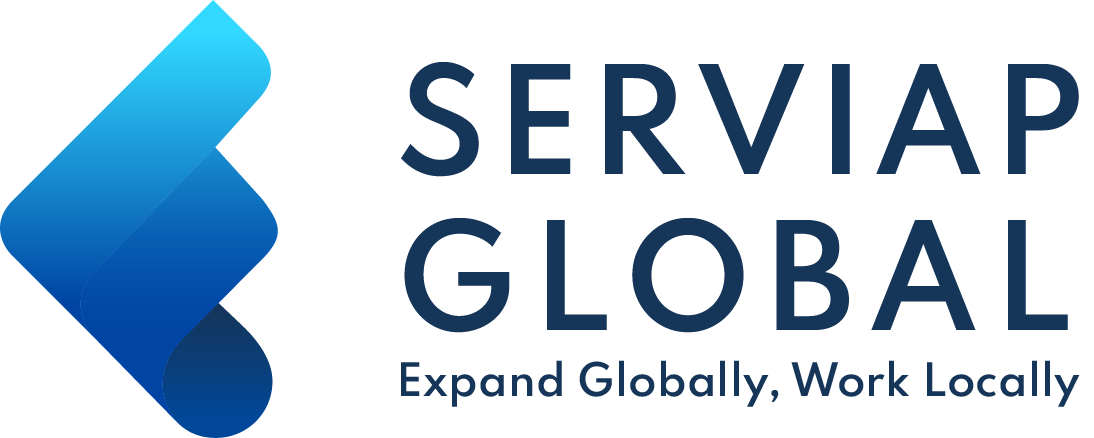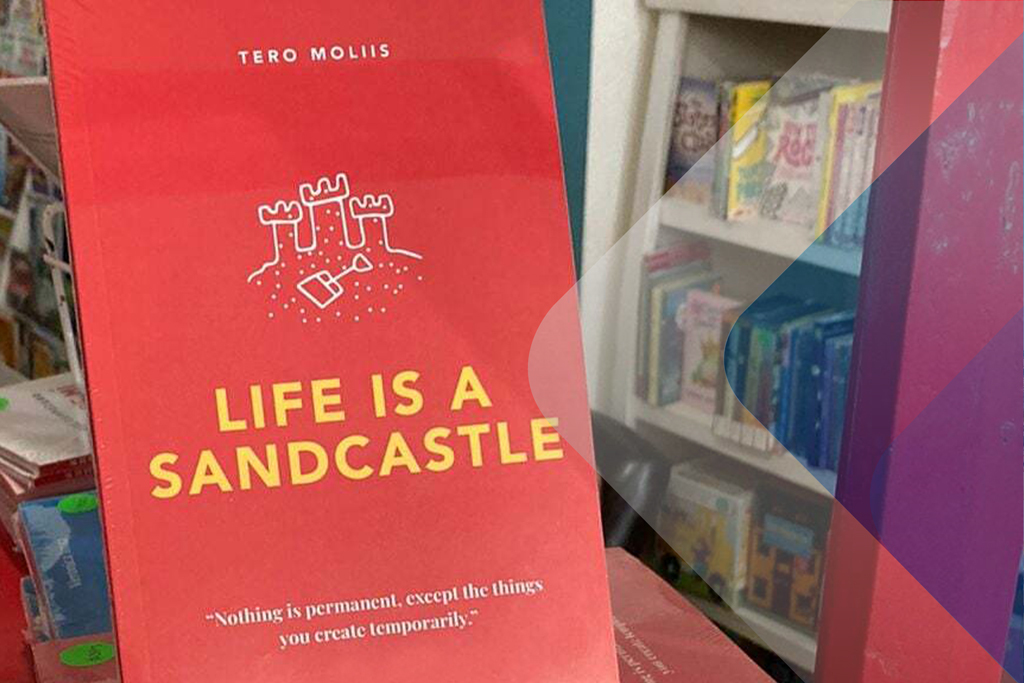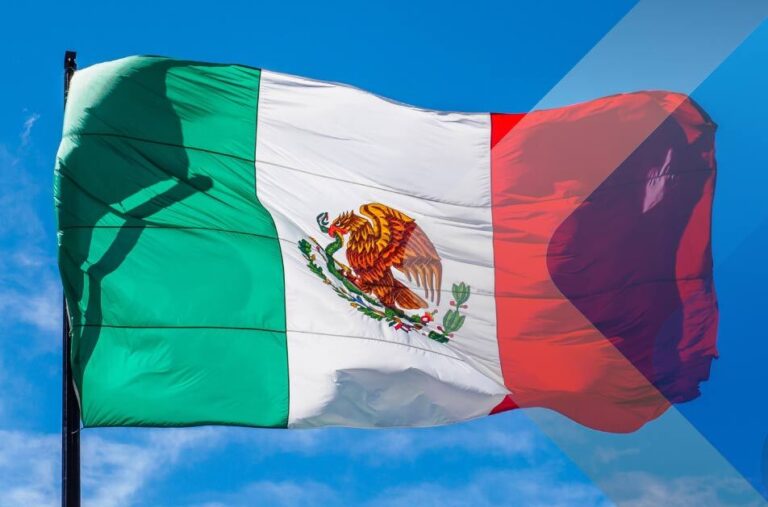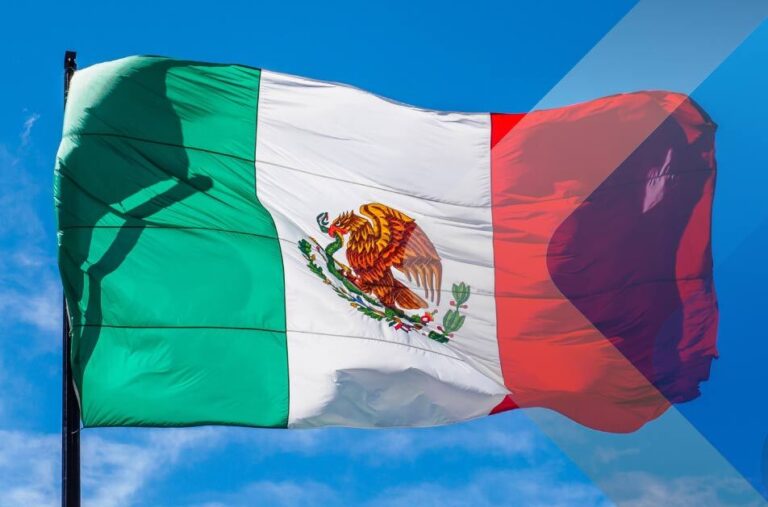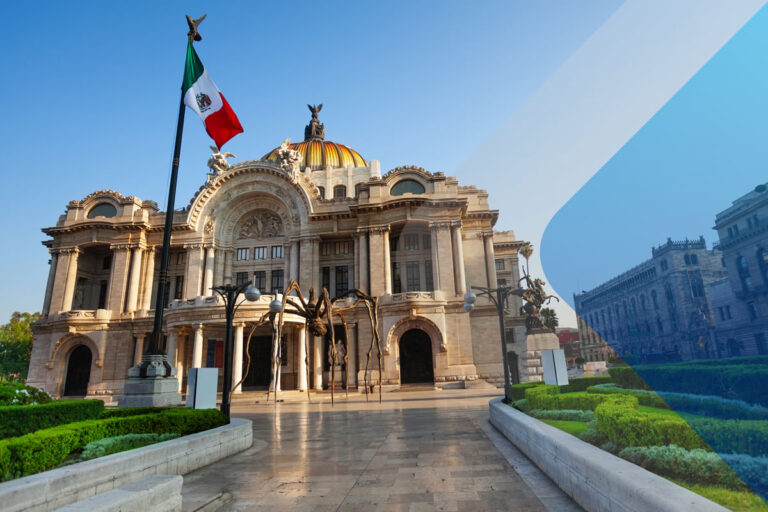Table of Contents
Recently, we had the pleasure of speaking with Tero Moliis, a Finnish-Mexican business developer, advisor, and author, about Mexico’s potential for business, his life as an entrepreneur, and his most recent book: Life is a Sandcastle.
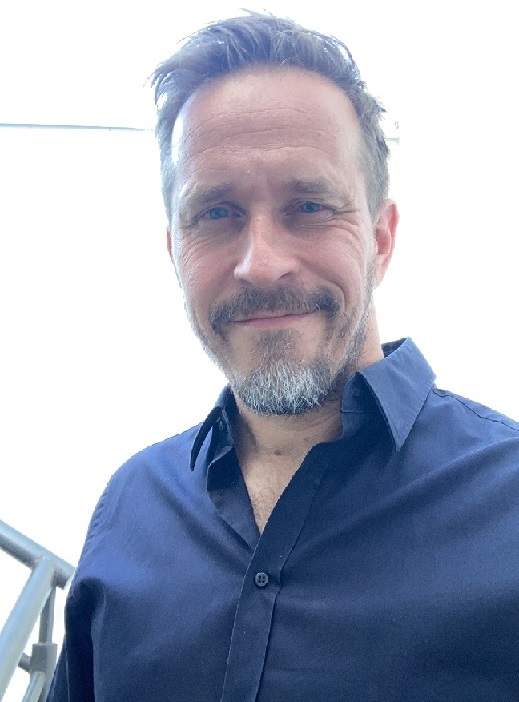
Moliis is passionate about entrepreneurship, from consulting for companies in various sectors to representing many firms, mainly European, in Latin America. As an advisor, he helps his clients visualize possibilities within their organizations and solve problems. He is currently the CEO in Mexico for Lenz, an innovative consulting firm.
Tero Moliis has studies in Business Management but is passionate about disruptive innovation and technology, learning and unlearning, travel, books, board games, gamification, and literature.
He is also the founder and host of the Café con autores, an organization and program that promotes Nuevo Leon’s local authors and literature in general. This is what he shared with us:
1) Being based in Mexico and with a strong social media following, you are well-known in Latin American professional circles. For anyone meeting you for the first time in this interview, please tell us a bit about you and what you do.
I consider myself a business advisor, –developer, mentor–, a learning enthusiast and unlearning passionate. I studied Business Management at Leeds Beckett University in England, but I’m also a graduate of the Glion Institute for Higher Education in Switzerland.
For the past several years, I have led various Finnish companies in Latin America, including Claned, a LXP style collaborative learning platform for all types of organizations; and Seppo, a gamification tool for all types of processes and corporate training, among many others. I also form part of a few advisory boards worldwide. But currently, my main role is as CEO of Mexico for Lenz Projects, a Finnish company that creates value by finding and nurturing the maximum potential in people
On a more personal level, I enjoy being a dad, reading, astrophysics, good food, traveling, and playing Ultimate [Frisbee] and all kinds of board games.
2) Being originally from Finland but now a naturalized Mexican citizen, how did you first come to the country, and what made you stay long-term?
Having multiple passports is very useful, but I consider myself a citizen of planet Earth. I came to Mexico originally as a kid, following my dad’s work, but later returned to see friends. I eventually fell in love and formed a family here, so I am staying for now, but the world remains my playground.
3) As someone who promotes business and advises companies in Mexico, what makes the country such an attractive prospect for investors, businesses looking to expand internationally, and employers?
Personally, I feel like Mexico is a place where there are still many opportunities available, not only to innovate, but to create and operate, and establishing and running a business is relatively easy (except perhaps for the ‘fun’ fact that usually, your first hired employee has to be an accountant).
Mexican people are hard workers, especially the female workforce, which is highly talented and motivated. There is a fantastic pool of talent available. This is probably Mexico’s most significant asset: its people. This county is one of my favorite places to live, love, and work.
4) When you are hired as an advisor on doing business in Mexico, what is your first question / what are some of the first questions you ask companies?
I pride myself on being very direct and honest with my opinions, and therefore often also quite blunt. Usually, the first question I ask any company interested in doing business in Mexico is how much time and resources they are willing or able to invest in making their business a sustainable project. The second question is if they are eager to expect the unexpected and adapt to the often very different way of doing things professionally.
5) As well as your work as an advisor, you are an entrepreneur. Can you tell us a bit about your entrepreneurial journey?
I have always been entrepreneurial and have extensive experience taking ideas to real-life projects. My first business was importing and selling ciders to Mexico about 20 years ago. I have since founded multiple other companies, such as Maltapp, RAD.games, Valu8Right, etc., of which most have failed miserably. Some did OK, but the experience gained has been amazing.
I have also invested in other projects and mentored a few more while starting and hosting multiple vblogs and podcasts, including The Unprofessional Show and Café con autores. One of my most recent new projects has been co-founding Alchemy Associates, an early-stage partner for small European start-ups. I also make sweet pickles for sale with a friend, but it definitely counts as being an entrepreneur.
6) How did you come to develop your interests in EdTech and gamification?
I have been designing board games for over 30 years already and have gotten a few of them published
globally as well. Hence, gaming and game design are in my blood. The step to gamification was therefore easy, and as a kid-at-heart, having fun and turning processes into games comes naturally to me.
I also have the great honor and pleasure of working as a creative partner with the Nordic Multiversity project, where we are developing the future of university education. Very exciting indeed.
7) As a fan of disruptive innovation and tech, what do you think about the recent explosion of AI?
I like to tell people that when it comes to artificial intelligence, at least the hype is real. Most people have the concept all wrong and confuse machine learning or algorithms (or algorithmic influencing) with AI. The recent explosion of AI tools and whatnot has mostly saddened me because I thought that AI was supposed to help us do the dirty work and leave the creation of art, music, and writing poetry to us humans, but the opposite is going on.
Our basic parameters are flawed, and it scares me a little bit to think that we are often very flawed humans creating the supposedly perfect intelligence of the future. It would be a good idea to pause and think before moving forward, but unfortunately, that will probably not happen, and the AI we will create will be inevitably flawed and, thus, possibly even dangerous.
8) For anyone who hasn’t had the chance to read your book Life is a Sandcastle, can you tell us what it is about, what inspired you to write it, and what sort of reaction you have had since its publication in 2020?
Life is a Sandcastle is a book about happiness and purpose. It tells you why you should invest time, energy, and love in creating something –perhaps just a sandcastle or your life– when you know perfectly well that it will all be gone tomorrow. It is a practical, fun, and human guide to knowing yourself better and, thus, indirectly, a guide to mindfulness and happier life.
My life experience and a will to share my discoveries with others was my main motivator for writing the book, and my reaction to the book has been utterly positive so far. The book was also translated and published by Editorial Urano in Spanish in 2023, so I am very excited to reach more readers. I hope everybody can read it to have more meaningful conversations and find more unity in our human diversity.
9) About Café entre autores, the monthly event you organize in Nuevo León, can you tell us a little about it, what it consists of, how long it has been held, and how it has evolved?
This is another little side-business I created about two years ago, and its premise was simple: to promote local unknown authors (like me) to help them sell more books. Little did I know that it would turn into a beautiful creative community where dozens and dozens of authors help each other, and the public is loving it too.
We organize a monthly event where 3-5 authors present themselves and their books. Additionally, we organize book events, book markets, podcasts, and cultural events to promote literature in all its forms. We have inspired over ten people to write their first book this past year alone, which is fantastic.
10) If you could go back and give the young Tero Moliis one piece of advice, which age would you go back to, and what would that advice be?
This advice is also in my book; my 10-year-old self would have been pleased to receive it. I hope many of you are happy to receive it even now:
“You are allowed to come up with your definitions and find the answers and solutions that work best for you. For we are truly unique and different, every one of us, and the way of looking at –or interpreting– things that might work for one person will not necessarily and most likely work for another.”
Tero Moliis is a Finnish-Mexican business expert and entrepreneur based in Nuevo Leon, Mexico. He was speaking to Karen Alfaro.
At Serviap Global, we help companies with global hiring solutions in over 100 countries worldwide, including international PEO / EOR services, contractor hiring, and recruitment.
Contact us for more information.

